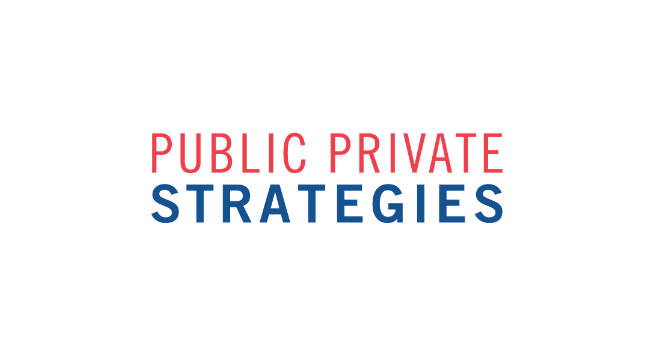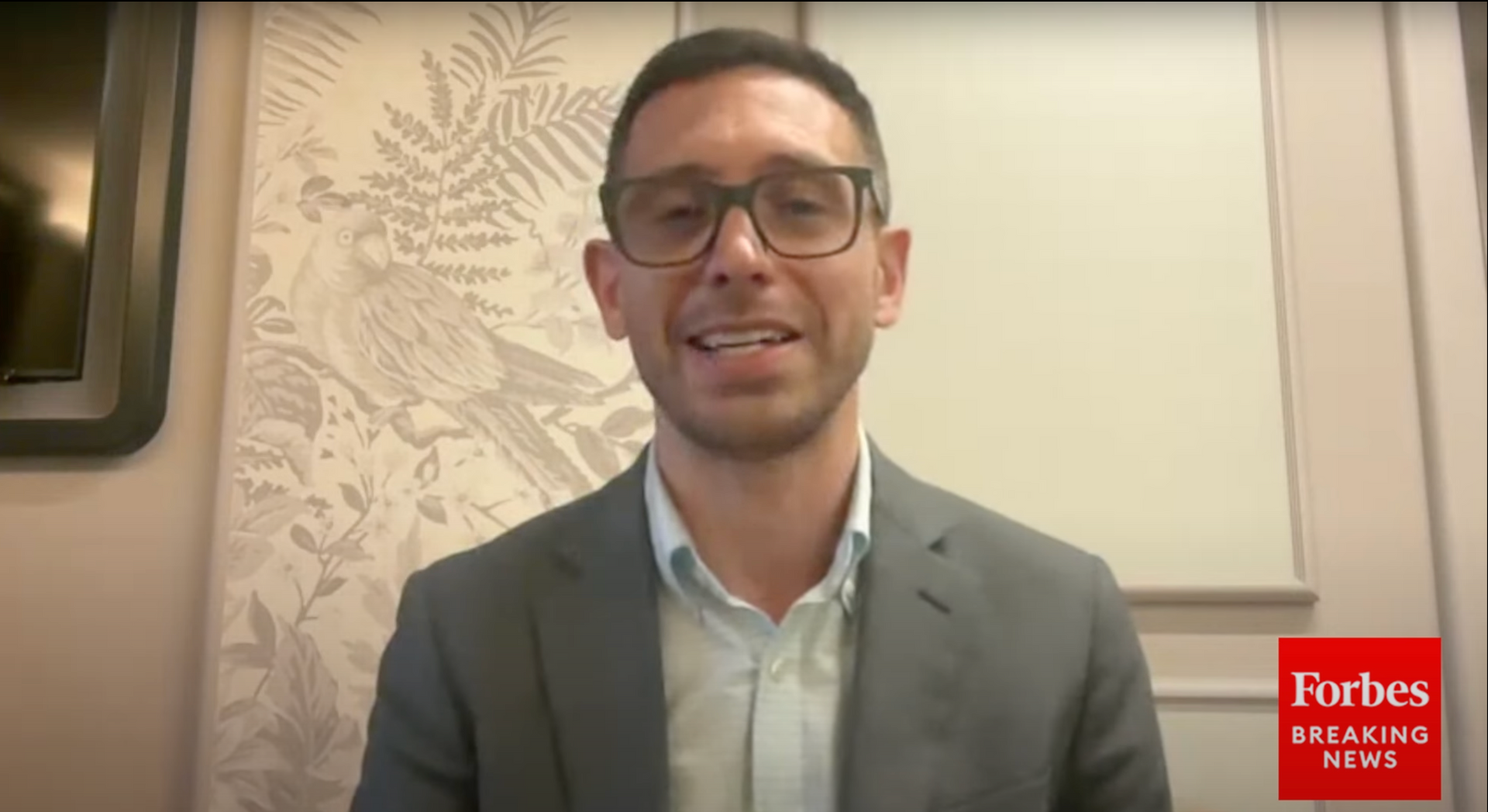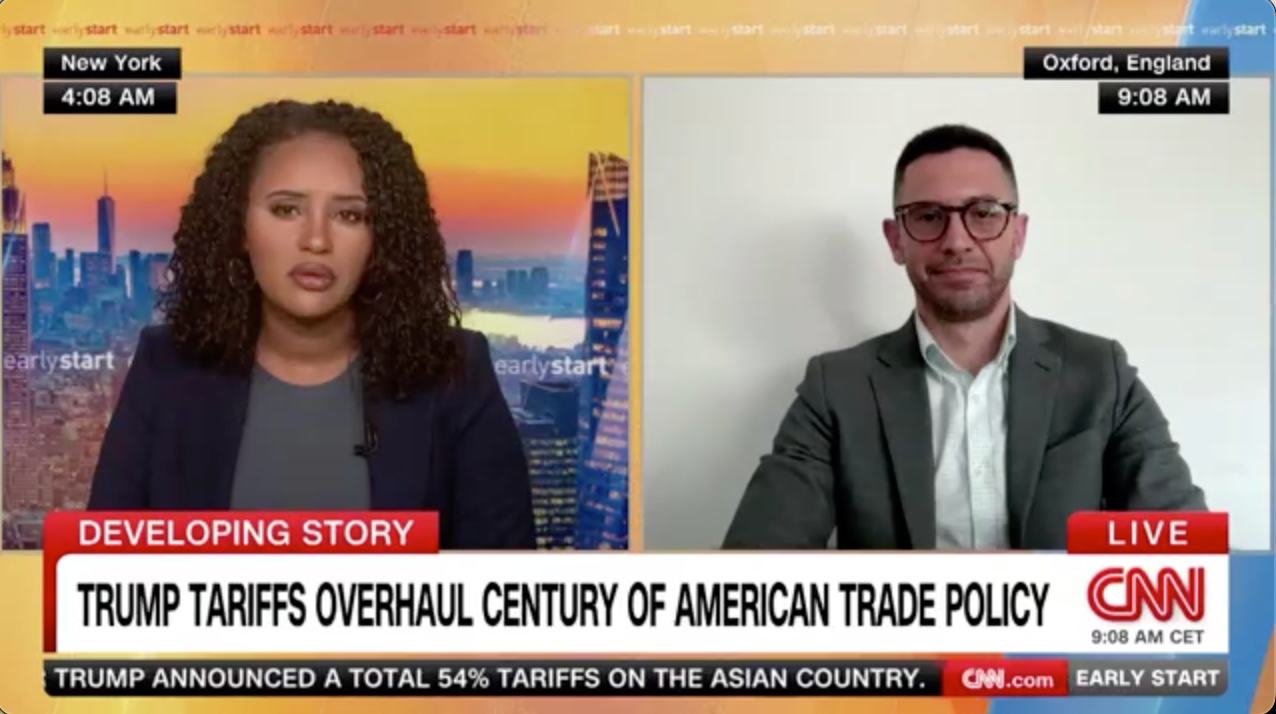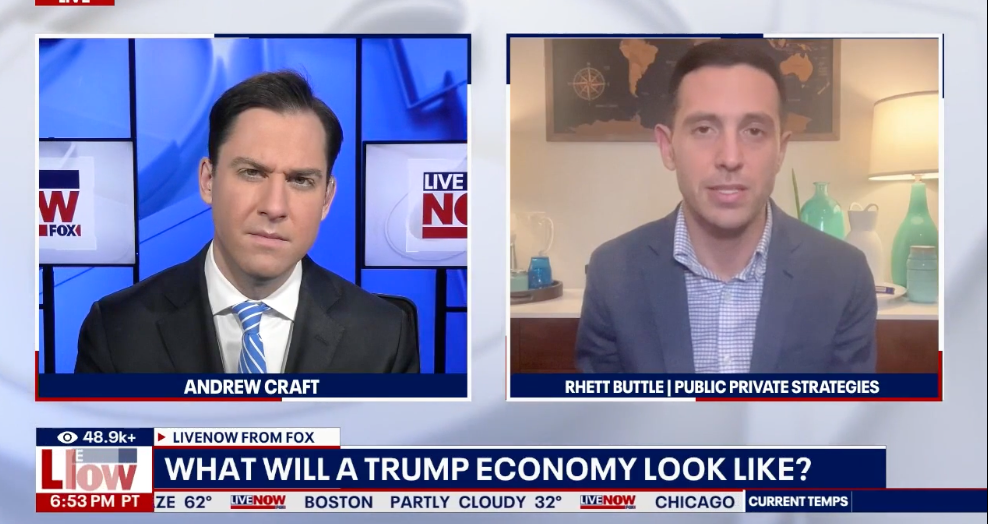Vaccine Requirements: 5 Things Small Business Owners Should Consider
The impact of Covid-19 on our economy has been much more than any of us could expect and the devastation it has caused on Main Street is painful. While important programs like the Paycheck Protection Program and corporate equity commitments helped expand access to capital, and innovative digital tools have had an impact, vaccines have to be a key part of the strategy to our country fully recovering from Covid-19. Small business owners across America agree. An April survey of more than 3,000 of them found that 87% think it is important that their employees get vaccinated.
Unfortunately, a large swath of Americans are still hesitant, have questions, or simply refuse to get vaccinated, which has caused Covid deaths in the U.S. in 2021 to surpass the toll from 2020 and hindered the reopening of communities. As President Biden recently said, “This is a pandemic of the unvaccinated -- not anything else right now.” To address this public health crisis which has brought upon an economic crisis, the White House has directed the Occupational Safety and Health Administration (OSHA) to mandate vaccines for federal employees, federal contractors, and large businesses. And while some critics have described this step as a violation of civil rights and an economic threat to small businesses, let’s be clear. Covid-19 and its variants are the greatest financial threat facing small business owners right now. Even so, information is moving fast and we learn new things every day. Here are five things small business owners should consider about vaccines and the vaccine requirements proposed by the Biden Administration.
1. The Mandate Only Applies to Businesses With More Than 100 Employees -- Exempting The Vast Majority of Small Employers
First and foremost, the mandate requires that employees in businesses with more than 100 workers receive the vaccine, meaning it will not apply to the overwhelming majority of small businesses. The U.S. Census Bureau reports that 98.1% of U.S. businesses employ fewer than 100 people and those with less than than 10 employees account for 78.4%. The only businesses in this group that would have to apply to the vaccine mandate are federal contractors who already have to meet stringent requirements.
2. Many Businesses Have Already Implemented Their Own Mandates -- With Good Reason
Following United Airlines’ decision to mandate vaccines for their employees all the way back in August, CEO Scott Kirby said “For me, the fact that people are 300 times more likely to die if they’re unvaccinated is all I need to know. It's about saving lives." Since then, 99% of its 67,000-person workforce has complied. Along with United, more than 3,500 organizations are already requiring vaccinations and were doing so before the White House announced its requirements. Deloitte mandated that all of its employees who enter its facilities to be fully vaccinated by October 11. Even Fox News, whose programming has expressed skepticism towards mandates, is requiring its employees to be vaccinated. Thousands more will likely issue mandates before President Biden’s vaccination requirements go into effect.
3. Vaccine Mandates Are Working
As expected, vaccination requirements result in more people getting vaccinated and have increased vaccination rates by 20+ percentage points in many organizations across different sectors. For example, Tyson Foods issued a mandate for all of its employees in August, giving its frontline workers until November 1, to receive the vaccine. To date, more than 90% of its workforce is vaccinated. Rutgers University was also able to get 99% of its 71,000 students vaccinated or in compliance. On October 7, the White House released a new report on how vaccination requirements are helping drive up vaccination rates, with more than 186 million people being fully vaccinated.
4. Small Businesses Of All Sizes Can Implement Vaccine Mandates
The White House also reports that higher vaccination rates could help return up to 5 million workers back into the workforce and higher vaccination rates will boost consumer demand and spending. If you’re a business owner and are anxious to get to this point, you are not alone. A survey conducted by Arizona State University's College of Health Solutions found that 93% of 1,143 U.S. employers currently require or encourage employee vaccinations. Business owners who have been in close contact with their employees about the vaccines and are considering making it mandatory should continue the approach of transparency. Any mandatory requirement should apply across the entire workforce, offer incentives before taking actions, incorporate thoughtful messengers and messages, and allow plenty of time to get vaccinated.
5. Mandates Or No Mandates, Small Business Owners Should Be Vaccine Leaders
Small business owners play a critical role in championing the vaccine with their employees and in their communities. Small business is the most trusted institution in the United States and small business owners, in particular business owners of color, are a trusted voice to their workers and in their communities. All should consider being leaders with their employees and assisting with vaccine promotion and distribution in their communities.
The bottom line is that vaccination requirements get more people vaccinated, putting more people back to work and strengthening our economy. This will help Main Streets across the country fully reopen and recover from Covid-19.
This piece originally appeared in Forbes on October 13, 2021. You can view it online here.
Rhett Buttle is the founder of Public Private Strategies, Executive Director of the Small Business Roundtable, Founder of the NextGen Chamber of Commerce, a Senior Fellow at The Aspen Institute, and a contributor for Forbes.
WANTING MORE NEWS? SIGNUP TODAY
Contact Us







